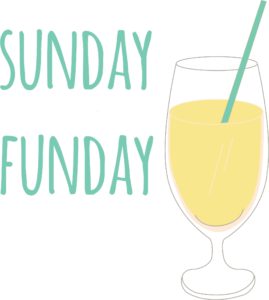
For the 159th year in a row, Minnesota will continue to ban liquor sales on Sundays.
The law has come under scrutiny lately, and one poll even showed that the majority of residents are in favor of allowing stores to sell liquor on Sundays, but state legislators don’t agree with their citizens. The House voted to keep the ban in place with a vote of 70-56.
Minnesota isn’t alone with their Sunday “blue law.” Indiana and Tennessee have also made it illegal for stores to sell liquor on Sunday. Minnesota has become more lenient in the past few years, allowing some craft breweries to sell growlers on Sundays, and of course bars and restaurants can still sell alcoholic drinks with municipal approval, but it appears residents will have to wait at least another year before they’ll be able to buy beer in state on Sundays.
Many of the representatives who voted to lift the ban voiced their concerns after the vote failed.
“This would be the elimination of one very small piece of repressive government,” said Rep. Phyllis Kahn, DFL-Minneapolis. “We’re talking about people who may work five days a week and their only shopping day may be Saturday (or) Sunday.”
Aside from convenience and individual freedoms to purchase alcohol, representatives who support lifting the ban say the bill doesn’t stop people from obtaining their alcohol. Some stock up on other days, others head to the bar, and plenty of others near the border head over to Wisconsin to pick up a case of beer. It’s less than an hour to get from the Twin Cities to Hudson, Wisconsin and back, and Minnesota loses out on a large amount of business every year because of the law.
Opponents Chime In
So if Minnesota is losing out on business, and the majority of residents support allowing Sunday liquor sales, then why are legislatures voting to keep the ban in place? Some of the reasons they gave include:
- The day off gives employees of small “mom and pop” liquor stores a much-needed day off.
- The ability to take a day off keeps small liquor stores competitive with larger chains.
- The increased liquor sales could lead to increased medical costs and public safety hazards.
- Alcohol prices may increase as a result of needing to staff the store another day.
It will be interesting to see this topic be debated over the next few years, but for now, you’ll either need to plan ahead, head to Wisconsin, or stick to water if you’re thirsty on Sundays.





